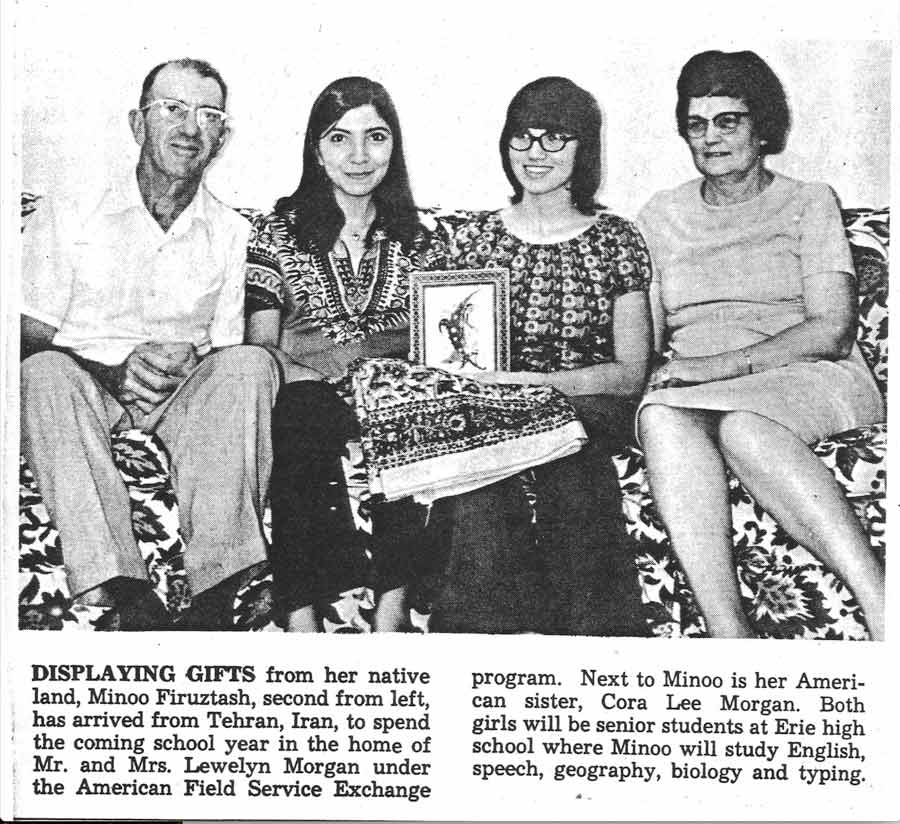The notion that wisdom can arise from unexpected sources is an integral facet of Bahá’í teachings, underscoring the importance of humility and openness to the multifaceted tapestry of human experiences. This perspective invites individuals to reconsider the sources from which they glean knowledge and insight. In a world often characterized by division and preconceived notions, recognizing the potential for learning from those outside one’s immediate circle fosters a greater sense of unity and understanding.
To delve deeper into this theme, one must first examine the concept of humility as a precursor to learning. Humility allows individuals to transcend their ego, creating a fertile ground for genuine curiosity. In the context of Bahá’í teachings, humility is not simply the act of downplaying one’s abilities; rather, it is the recognition that no single individual possesses the entirety of knowledge or wisdom. This realization encourages individuals to approach others, regardless of their background or station in life, with an attitude of respect and a desire to learn.
Moreover, the process of learning from ‘strangers’ necessitates a shift in perspective. It compels individuals to confront their biases and assumptions. In many cultures, there is a tendency to regard wisdom as something that resides predominantly within established institutions, learned elders, or specific scholarly circles. The Bahá’í faith, however, posits that every individual carries a unique narrative and a repository of experiences that can impart valuable lessons. This broader definition of a teacher not only enriches the learning experience but also democratizes the acquisition of wisdom.
One of the profound ways in which individuals can learn from strangers is through the lens of diverse cultural experiences. Each culture embodies distinct traditions, values, and practices that have been honed over centuries. By engaging with individuals from different backgrounds, one can gain insights into alternative ways of navigating life’s challenges. For instance, perspectives on community service, conflict resolution, or familial obligations may differ widely, yet each offers significant wisdom that can inform one’s personal practices and beliefs.
Moreover, the act of listening serves as a pivotal mechanism in this learning journey. Active listening requires one to be present, to fully engage with the speaker’s words, and to seek understanding rather than merely waiting for a turn to respond. This level of engagement fosters deep connections, often leading to the unearthing of relatable life experiences that resonate on a profound level. It is within these connections that learning flourishes, illustrating the human capacity for empathy and shared understanding.
Another compelling aspect of learning from strangers is the rich potential for intergenerational dialogue. In many societies, there exists a notable chasm between generations, often characterized by miscommunication and misunderstanding. However, fostering conversations between different age groups can catalyze a valuable exchange of insights that pave the way for mutual respect and understanding. Younger individuals may bring fresh perspectives on contemporary issues, while older generations may provide historical context and wisdom rooted in experience. Such interactions serve not only to honor the contributions of all ages but also to bridge gaps that may otherwise perpetuate division.
Additionally, engaging with strangers often brings to light unexpected teaching moments. Often, the most profound lessons arise during casual conversations or shared experiences. For example, a brief exchange with someone from a differing background can illuminate biases we may hold unconsciously. When one encounters a differing perspective in a personal or professional context, it challenges the status quo, cultivates critical thinking, and encourages more nuanced perspectives on complex issues.
Furthermore, Bahá’í teachings emphasize the importance of service in fostering connections with others. When individuals engage in acts of service, they often find themselves in the company of those from diverse backgrounds. These shared endeavors create natural opportunities for dialogue and understanding, reinforcing the belief that wisdom is best expressed through action. The lived experiences of those serving alongside oneself can cultivate respect, recognizing that everyone carries unique strengths and insights that contribute to the communal fabric.
In recognizing the wealth of knowledge within the community, the Bahá’í teachings also promote a culture of learning that transcends the individual. The concept of collective learning underscores the idea that collaboration leads to deeper understanding. This collective approach to learning empowers groups to derive wisdom from shared experiences, strengthening communal bonds. Further, it inspires collective action, making it possible to implement solutions derived from the confluence of many diverse perspectives.
As one navigates the complexities of daily existence, the invitation to learn from strangers presents an opportunity to deepen one’s understanding of the world. It encourages individuals to embrace an ethos of curiosity—constantly seeking knowledge rather than resting on preconceived notions. Whether through formal education, intercultural interactions, or casual encounters, the wisdom that lies in the diversity of human experiences is profound and transformative.
The synthesis of these teachings ultimately reveals a world rich in diversity—a mosaic where every individual possesses the potential to be a teacher and a learner. Acknowledging the wisdom of strangers cultivates not only personal growth but also a wider understanding of humanity’s shared struggles and triumphs. Thus, the journey of learning from others fosters a spirit of interconnectedness, reinforcing the essential Bahá’í principle that humanity is essentially one.
In summary, Bahá’í teachings advocate for a paradigm shift in how we perceive wisdom. By engaging deeply with the lived experiences of individuals from diverse backgrounds, we not only enrich our own perspectives but also contribute to a more harmonious world founded on mutual respect, curiosity, and shared learning. This open-hearted approach to companionship and inquiry not only enhances individual lives but ultimately embodies the essence of humanity’s collective journey toward enlightenment.
